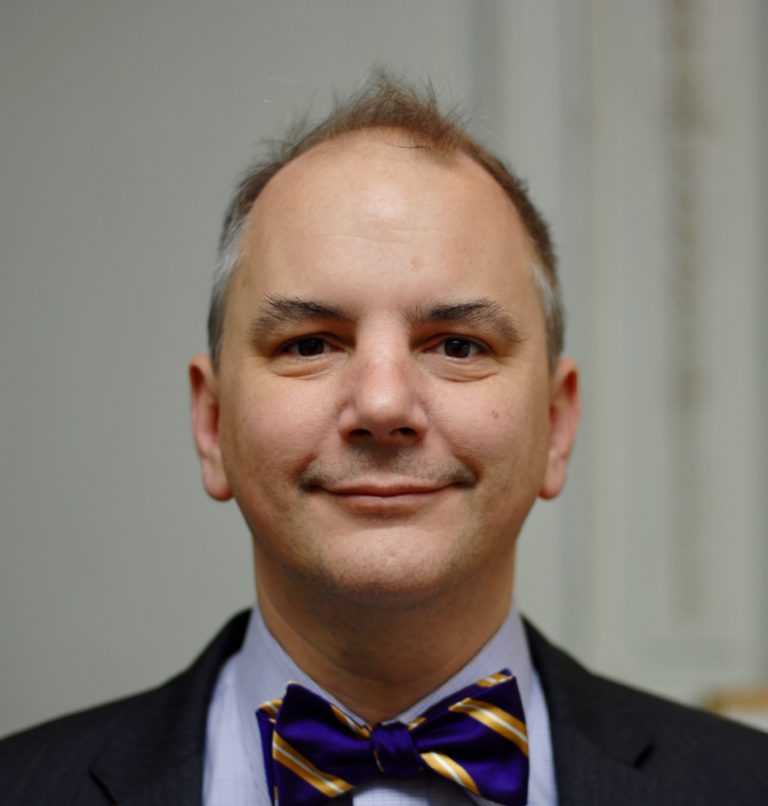Peter Schmidt, Ph.D.
President & Chief Scientific Officer

Peter Schmidt, Ph.D.
President & Chief Scientific Officer
As a neuroscientist, Dr. Schmidt brings a wealth of experience in biomedical research having contributed as an inventor, principal investigator, and statistician across diverse domains. Prior to joining Rho, he oversaw basic, translational, and clinical research on the central nervous system (CNS) in his role as Vice Dean at East Carolina University’s Brody School of Medicine. During his long tenure at the National Parkinson Foundation, Dr. Schmidt designed and led the largest clinical study of Parkinson’s disease ever conducted, from its first patient enrolled to 12,000 patients at 30 academic medical centers in five countries. His biomedical research expertise also includes cystic fibrosis and Huntington’s disease, and he was appointed Chairman of the non-profit Huntington’s Study Group in 2021. Dr. Schmidt’s expertise has been widely recognized and he has served on diverse commercial and non-profit boards, national and international committees, and scientific advisory boards..
With a bachelor’s degree from Harvard University, Dr. Schmidt has an M.S. and a Ph.D. from Cornell University’s Sibley School of Mechanical Engineering, where he studied gait and balance and total joint replacement. He completed a fellowship at the Hospital for Special Surgery in New York, holds two patents, and is the author of many peer-reviewed journals.
Content by Peter Schmidt, Ph.D.

News
A Conversation about Parkinson’s Clinical Trials with Dr. Peter Schmidt and Dr. Mark Stacy
Dr. Peter Schmidt, PhD, and Dr. Mark Stacy, MD discuss participating in clinical trials for Parkinson’s. Dr. Schmidt, a Davis Phinney Foundation board member, is the Chief Scientific Officer for Rho, a company that supports clinical trial strategy, design, and operations and Dr. Stacy has been involved in Parkinson’s care and research for over thirty years.

Webinar
Should Biopharma Prepare for a Wave of Pandemic-Triggered Parkinson’s?
If you were born during the Spanish flu of 1918, you had a 2-3x higher risk of Parkinson’s. If COVID-19 caused the same viral damage, what does that mean for all of us? In this webinar, study author Pete Schmidt, PhD (Rho) and Mark Stacy, MD (MUSC Health) discuss the new study and what biopharma sponsors should know about its implications for future movement disorder research.

Webinar
Parkinson’s Disease: Addressing Personalized Medicine’s Complexity Problem
Personalized medicine has a complexity problem. In Parkinson’s, this complexity problem is far-reaching and access-limiting. Dr. Schmidt presents his insight from bench research, clinical trials, and care workflow optimization to explore how optimized clinical trials can expand access, improve care, and pave the way for more regionally diverse innovations in Parkinson’s.

